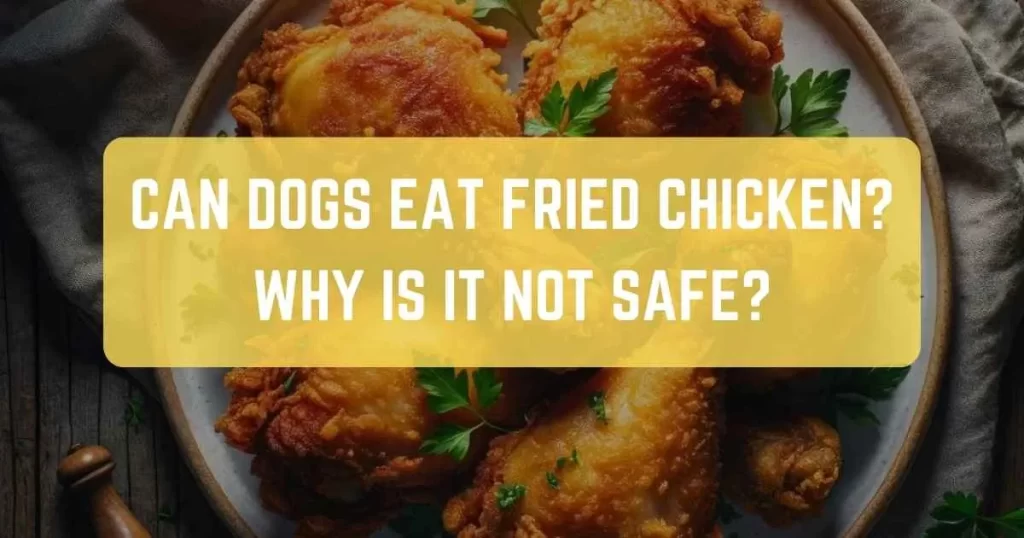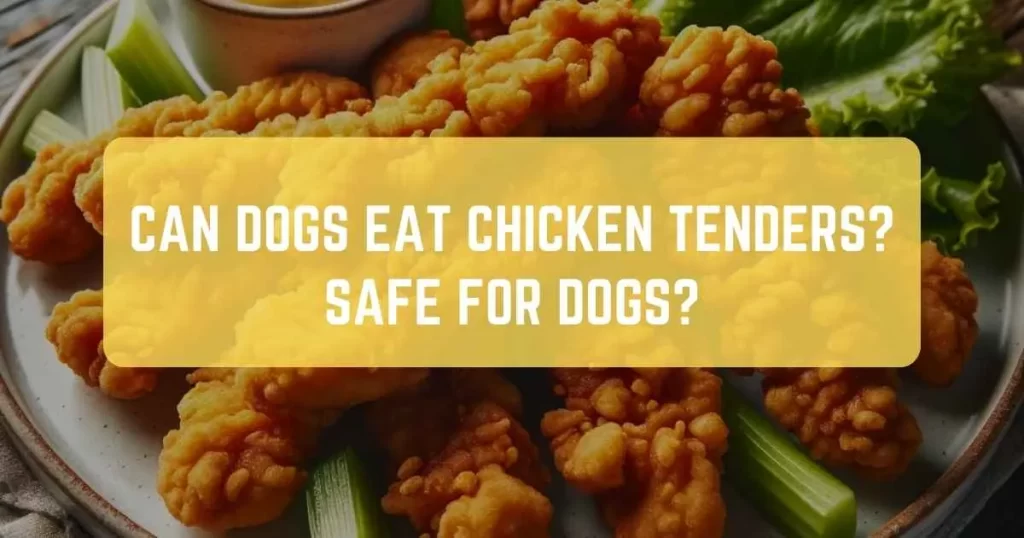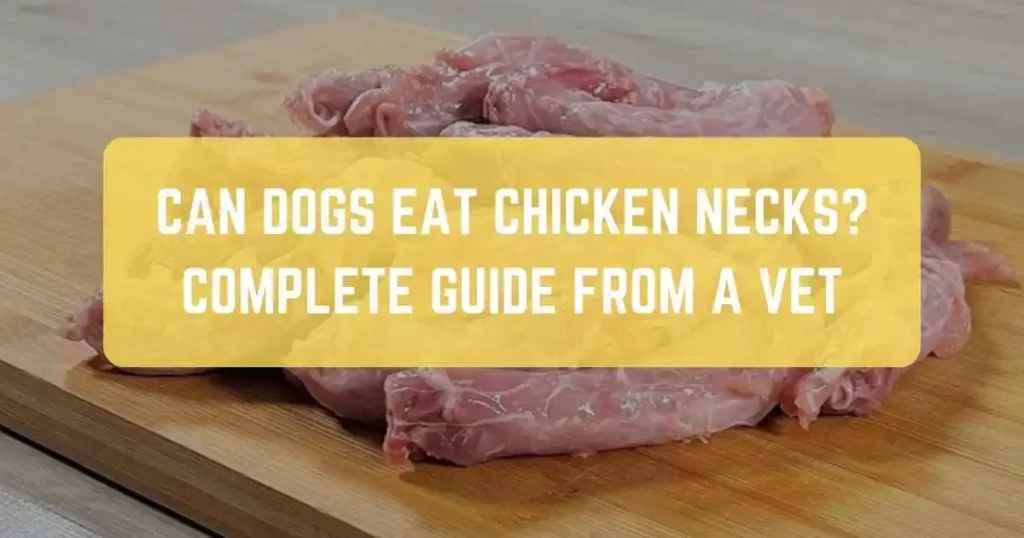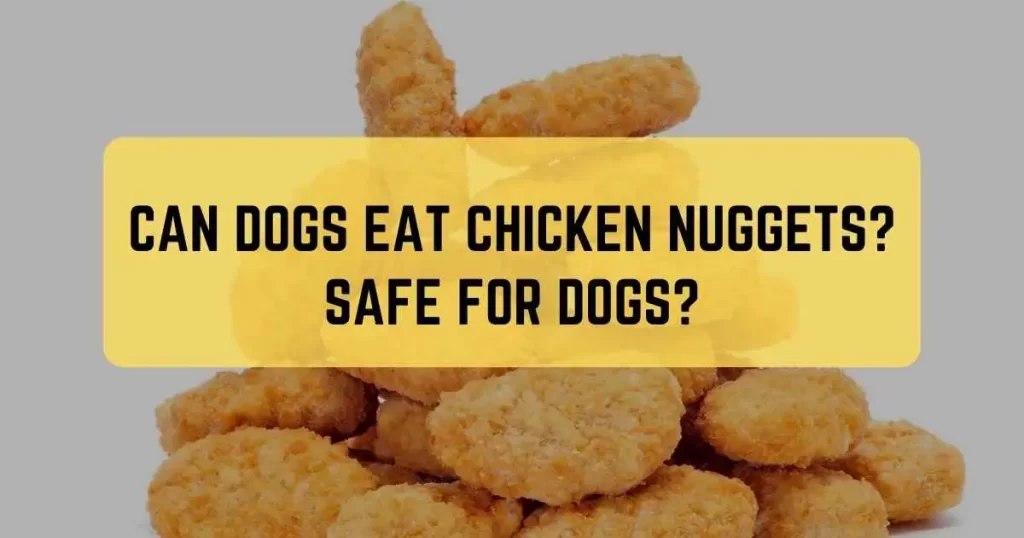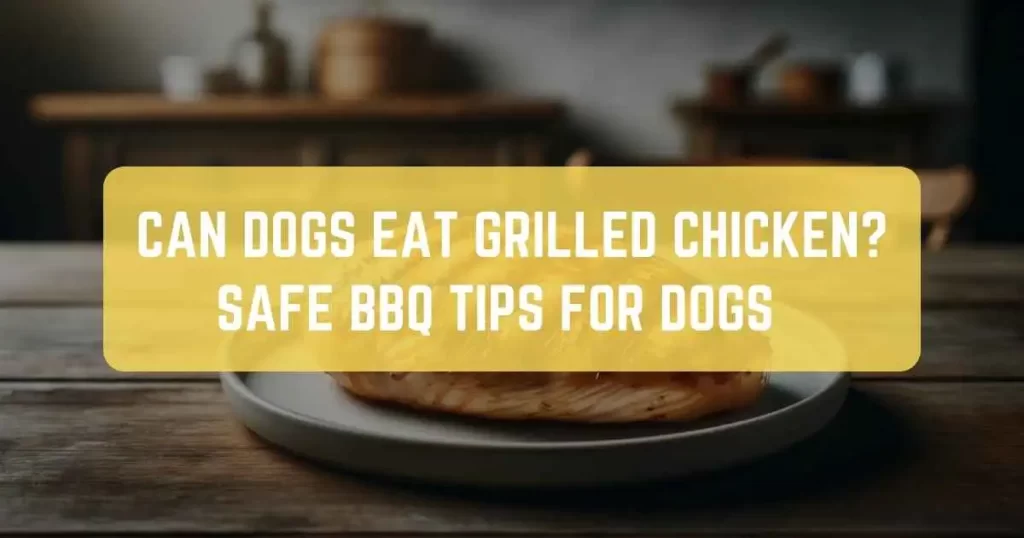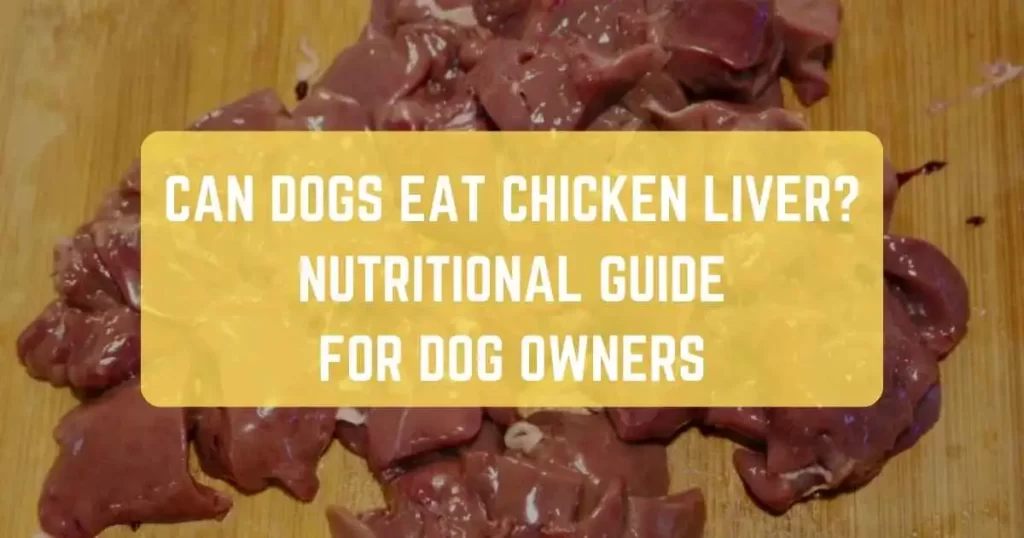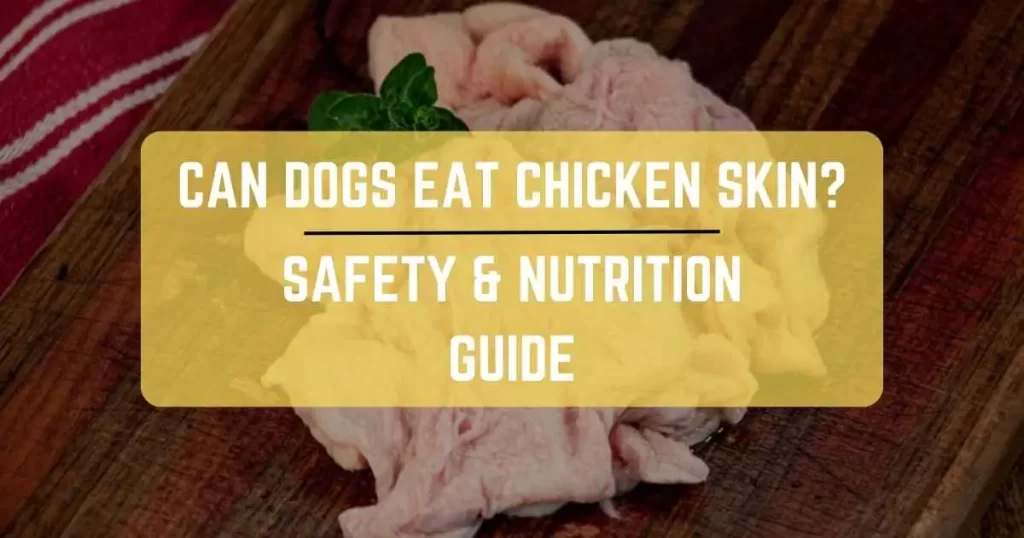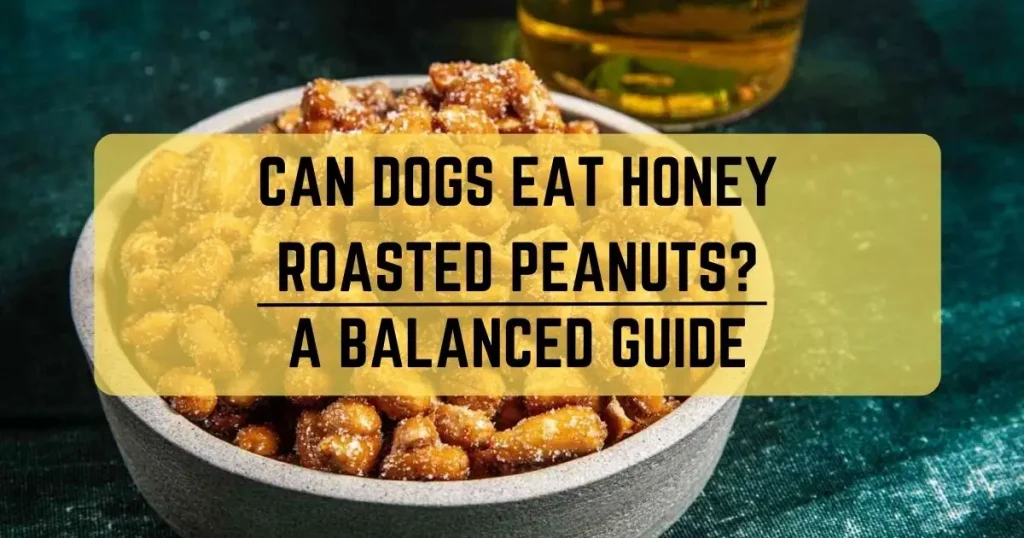
Are honey-roasted peanuts a safe and delicious treat you can give your dog? The answer lies in the delicate balance between indulgence and caution.
While it’s tempting to share a snack with your furry friend, the risks of excessive salt and fat content, potential pancreatitis, and the lurking danger of xylitol toxicity demand our attention.
In this comprehensive guide, we’ll explore the benefits and perils of honey-roasted peanuts for dogs, offering clarity on how to feed peanuts to your canine companion, all underscored by the importance of moderation.
So, let’s delve into this savory subject and ensure your dog’s well-being takes center stage
Can Dogs Eat Honey Roasted Peanuts?
Yes, dogs can eat honey-roasted peanuts in moderation, but it’s important to be cautious. The added sugar and salt in honey-roasted peanuts can be harmful in excess, leading to obesity and sodium ion poisoning. Plain, unsalted peanuts are a safer option for occasional treats.
Benefits of Honey-Roasted Peanuts
Honey-roasted peanuts, when offered occasionally and in small quantities, can provide some benefits to your dog. These benefits include:
- Source of Protein: Peanuts are rich in protein, which is essential for your dog’s muscle development and overall health.
- Healthy Fats: While high in fat, peanuts contain mostly healthy fats that can be beneficial for your dog’s coat and skin.
- Tasty Treat: Dogs love peanut butter, and honey-roasted peanuts can be a tasty and enjoyable treat when given sparingly.
Risk of Honey-Roasted Peanuts
When considering whether to share honey-roasted peanuts with your canine companion, it’s crucial to be aware of the potential risks. Here’s a breakdown of these risks and why they matter:
- Toxic Ingredients: Honey-roasted peanuts often contain added salt, which can be harmful to dogs when consumed in excess. The salted variety can lead to sodium ion poisoning, causing symptoms like excessive thirst, urination, and even sodium toxicity in severe cases.
- Pancreatitis Concerns: The high-fat content in honey-roasted peanuts can be problematic for dogs, potentially triggering pancreatitis, a painful and potentially life-threatening condition. This risk underscores the importance of moderation when considering peanuts as a treat.
- Xylitol Dangers: While honey-roasted peanuts themselves do not typically contain xylitol, it’s essential to read ingredient labels carefully. Some products may include this sugar substitute, which is toxic to dogs and can lead to severe health issues, including liver failure.
- Allergic Reactions: Just like humans, dogs can have peanut allergies. While these allergies are relatively rare, it’s crucial to be observant. Allergic reactions can manifest as itching, swelling, digestive upset, or even difficulty breathing.
How Much Honey Roasted Peanuts Dog Can Eat?
Determining the right amount of honey roasted peanuts for your dog is crucial to ensure their health and well-being. While these can be a tasty treat, moderation is key.
Consider your dog’s size, weight, and dietary needs. Here’s a guideline to help you find the right balance:
| Dog Size | Recommended Quantity |
| Small Breeds | 1-2 pieces sparingly |
| Medium Breeds | 3-4 pieces sparingly |
| Large Breeds | 5-6 pieces sparingly |
| Extra-Large Breeds | 7-8 pieces sparingly |
Remember, these quantities are approximate and can vary based on individual dog sensitivity and health. It’s essential to observe how your dog reacts to this treat and adjust the portion accordingly.
What to Do if My Dog Eats Honey-roasted Peanuts?
Accidents happen, and if your dog consumes honey-roasted peanuts by mistake, here’s what you should do:
- Assess the Quantity: Evaluate how many peanuts your dog ingested. A few peanuts are unlikely to cause harm, but if it’s a large amount, contact your vet.
- Monitor for Symptoms: Keep an eye on your dog for any signs of distress, such as vomiting, diarrhea, or allergic reactions.
- Consult Your Vet Immediately: If you notice adverse reactions or if your dog has consumed a significant quantity, contact your veterinarian for guidance.
What Happens When Dogs Eat Honey-roasted Peanuts?
When dogs eat honey-roasted peanuts, several things can happen:
- Digestive Issues: The high-fat content in honey-roasted peanuts can lead to upset stomach, including vomiting and diarrhea.
- Weight Gain: Excessive consumption of honey-roasted peanuts can contribute to weight gain and obesity in dogs.
- Allergic Reactions: In some cases, dogs may develop allergic reactions to peanuts, leading to itching, swelling, or breathing difficulties.
Healthy Alternatives to Honey Roasted Peanut
When considering treats for your canine companion, there are several healthier alternatives to honey-roasted peanuts that can provide a delicious and nutritious experience. Here are ten options that are both safe and enjoyable for dogs:
- Plain Peanuts: Unsalted, plain peanuts are a safe choice, providing protein without added sugar or salt.
- Peanut Butter from Store: You can buy Peanut Butter for your dog that is safe for your dog to eat.
- Homemade Peanut Butter: Create homemade peanut butter without additives or xylitol, ensuring it’s a dog-friendly treat.
- Almonds: Plain, unsalted almonds can be a crunchy and nutritious option in moderation.
- Cashews: Unsalted cashews offer a creamy texture and are a source of healthy fats.
- Pecans: Plain pecans, when given sparingly, can be a tasty and safe treat for your dog.
- Walnuts: These nuts provide omega-3 fatty acids and can be offered in small amounts.
- Hazelnuts: Unsalted hazelnuts can be a crunchy snack, but remember to limit quantities.
- Pistachios: Plain, unsalted pistachios can be an occasional treat for some dogs.
- Macadamia Nuts: While most nuts should be avoided, macadamia nuts are particularly toxic to dogs and should never be given.
- Nutritional Dog Treats: Explore specially formulated dog treats that incorporate safe nuts and ingredients designed to promote your dog’s health.
Final Thoughts
In conclusion, the question of whether dogs can eat honey-roasted peanuts requires a balanced perspective. While they can be safe and even enjoyable to feed your dog, when given in moderation, it’s vital to navigate the potential pitfalls carefully.
The allure of honey-roasted peanuts may beckon, but their high salt and fat content, along with the lurking danger of xylitol in certain products, should serve as cautionary signals. Prioritizing your dog’s well-being is paramount, and opting for plain, unsalted peanuts or homemade peanut butter is a safer route to treat your canine companion.
Remember that your dog’s health and diet are in your hands, so exercise prudence and attentiveness. By doing so, you can ensure that peanuts are safe and delightful additions to your dog’s diet without compromising their overall health.
Frequently Asked Questions
Will Honey Roasted Peanuts Hurt Dogs?
Yes, honey-roasted peanuts can hurt dogs. They often contain high levels of salt and added sugars, which can lead to sodium ion poisoning and obesity when consumed in excess. Additionally, the high-fat content in these peanuts may contribute to pancreatitis, a painful condition for dogs.
Can Puppies Eat Honey Roasted Peanuts?
No, it’s not advisable for puppies to eat honey roasted peanuts. Puppies have delicate digestive systems, and the high fat and sodium content in these peanuts can be too harsh on their stomachs. It’s best to stick to safer treats suitable for puppies.

